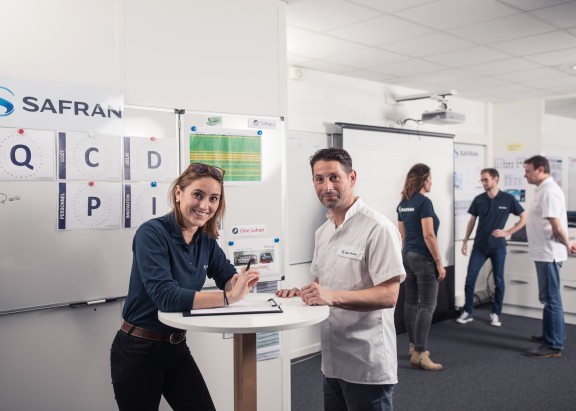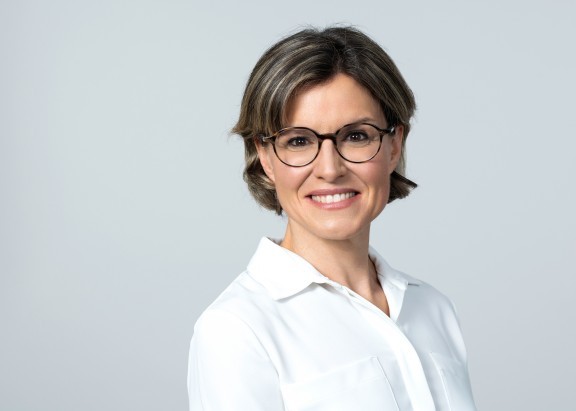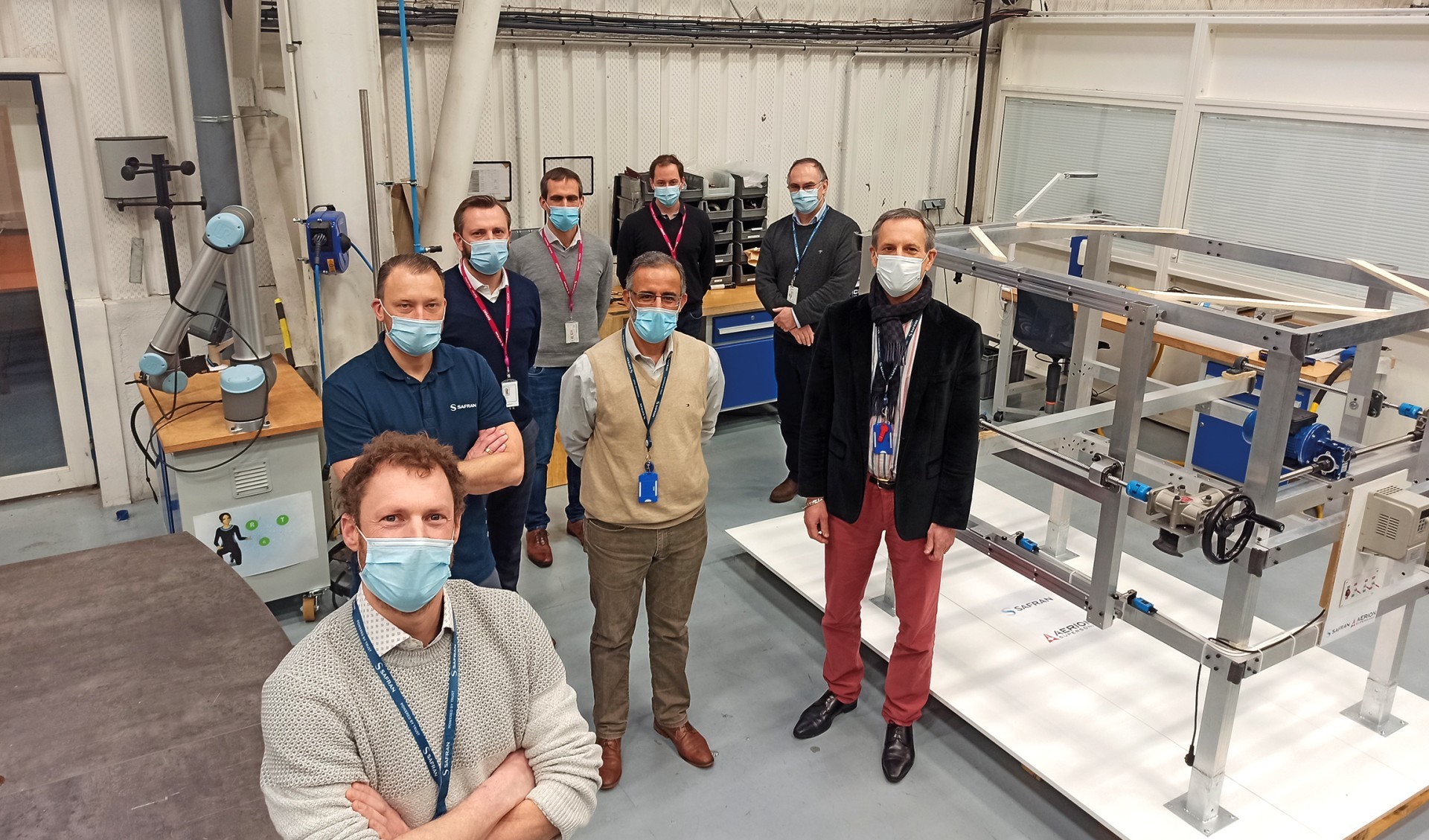
Around the World of Safran
Introducing people from Safran companies, for a quick look at their career paths, their areas of expertise and their rich and exciting vision of Safran.
Safran Nacelles goes startup!
ow can supersonic transport be compatible with the environmental challenge? Safran Nacelles is meeting the challenge by developing disruptive technologies for next-generation business jets.
Among the avenues being explored is an air inlet that can be oriented according to the plane’s speed. This is such an innovative concept that is must be tested and proven at the earliest stage possible so as to offer aircraft manufacturers an optimal solution and reduced development time. A big challenge, but one that a team from the engineering department rose to impressively, developing a full-scale prototype electrical actuation system in record time. The demonstrator was designed and manufactured in under a month and at very low cost, using commercial off-the-shelf (COTS) parts and in-house assembly resources. It’s already been used to validate a number of technology choices.
The project team’s setup and approach were crucial to this ultra-fast, concrete achievement. They applied the agile methodologies used by startups, which put the emphasis on out-of-the-box thinking and frugal innovation – a winning combination!
Simon GAVILLET
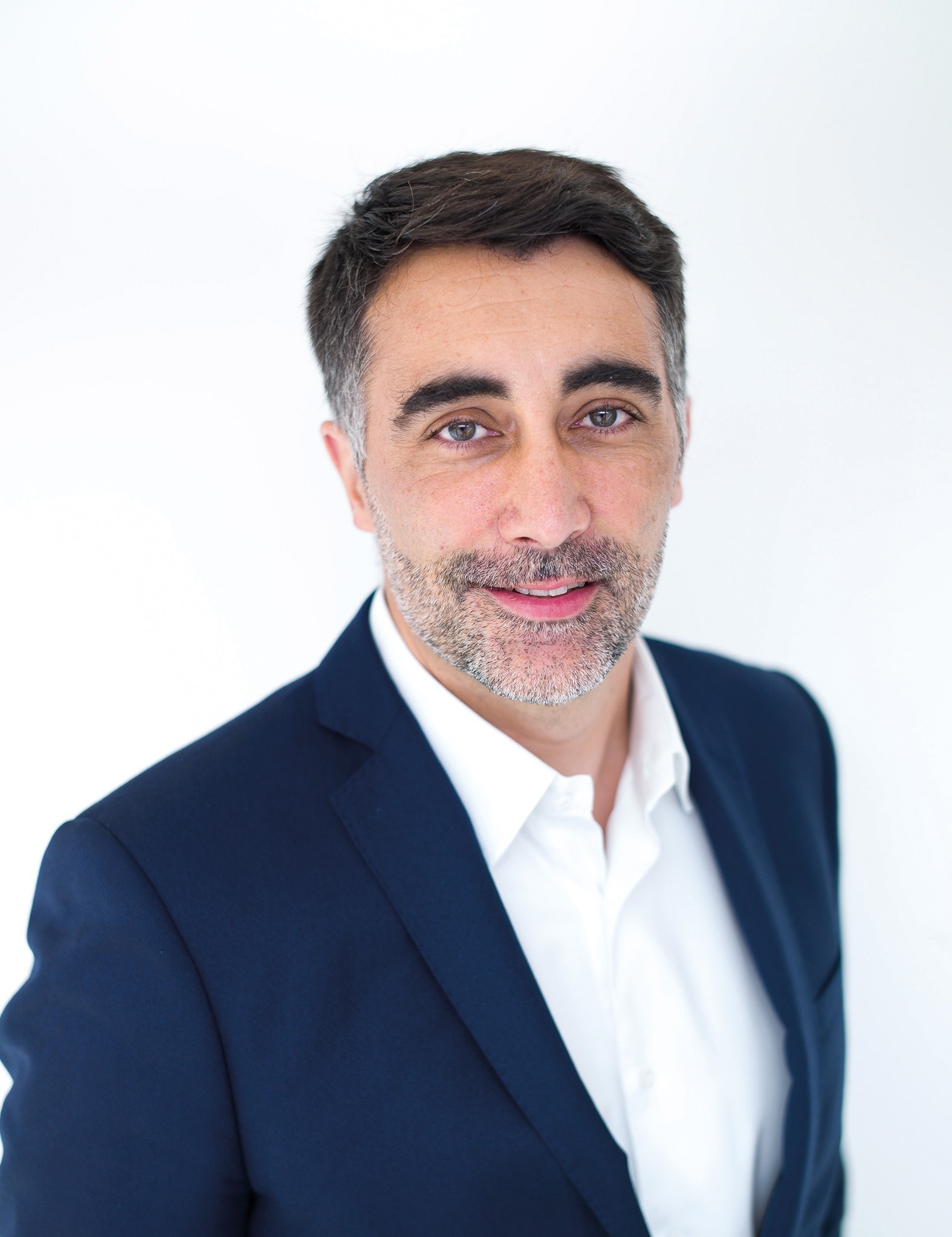
“My role is to develop sales of wheels and brakes among aircraft manufacturers and airlines through a differentiating sales strategy and efficient contract management. “I’ve held this position since 2020. In that time, my teams around the world have shown unfailing commitment and solidarity, ensuring we come through the crisis by maintaining our strong ties with customers and notching up some great new contracts, notably on the Boeing 777X for Singapore Airlines. In addition, the crisis has accelerated our digital transformation, reflected in improved performance. Innovations include a new customer relationship management, or CRM, tool introduced across Safran, together with a robot to automate certain billing tasks.”
“I’ve held this position since 2020. In that time, my teams around the world have shown unfailing commitment and solidarity, ensuring we come through the crisis by maintaining our strong ties with customers and notching up some great new contracts.”
Learn more about the contract between Safran Landing Systems and Singapore Airlines
Read the news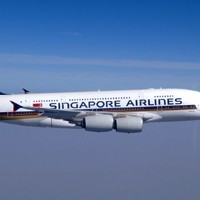
Stéphanie CAERS
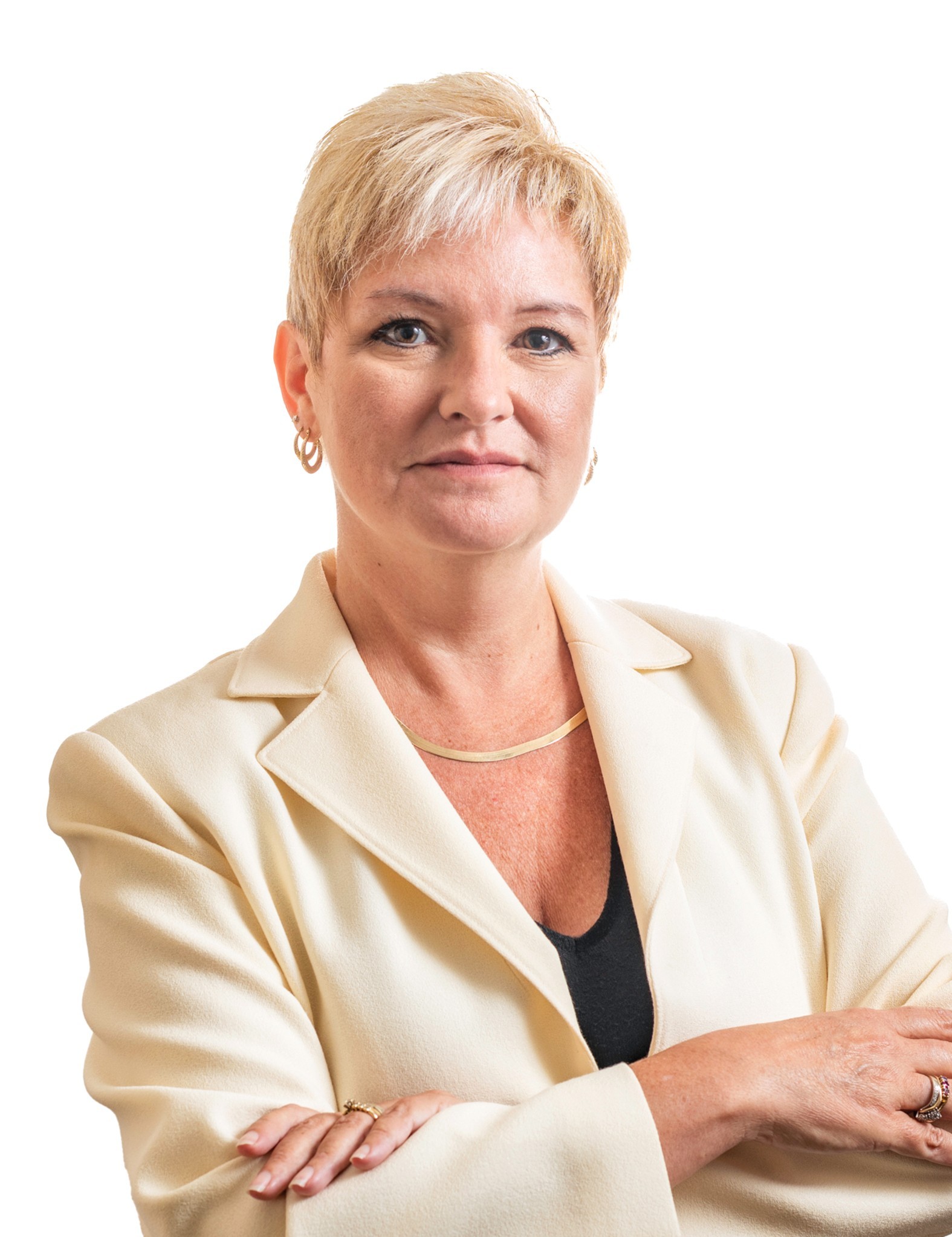
“I started out in London in 1990 as head of Operations. I’m now Facility Manager, having held a variety of positions. We’re recognized as a flexible provider of complete services for the transportation of fluids and electrical components. Over the years, I’ve built close relations with my teams, our customers, and our suppliers, which has helped grow the business. I believe the success of the company is intrinsically linked to job satisfaction. So I always aim to provide a caring workplace that people are happy to come to every day. Our focus at the moment is dealing with the ongoing pandemic while also safeguarding the future of our company and its people.”
“I believe the success of the company is intrinsically linked to job satisfaction. So I always aim to provide a caring workplace that people are happy to come to every day.”
Pauline HALLOUIN
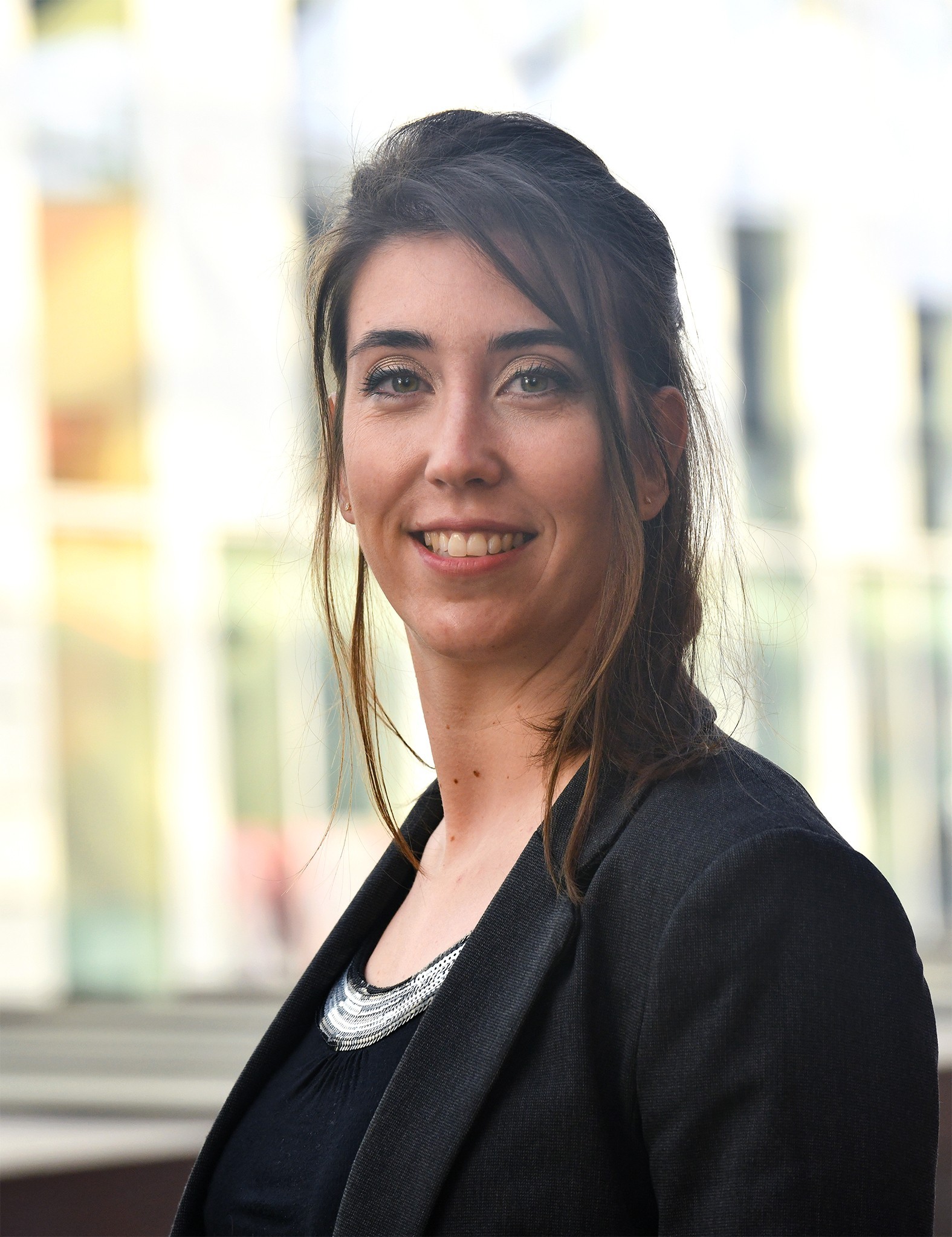
“After ten years as a design office engineer, I moved to Quality and have since been made head of the department. Basically, I wanted to see first-hand what impact my work had. Another reason for wanting to work in Quality is that it entails more comprehensive, diversified jobs: each new problem is different, involving discussions with people across a broad spectrum of fields, both within the company and at suppliers. I believe you should go where your interests lie and always be open to new opportunities that allow you to expand your career plans, even if it means moving into a different sector. People shouldn’t be afraid to change jobs!”
“People shouldn’t be afraid to change jobs. You should go where your interests lie and always be open to new opportunities.”

